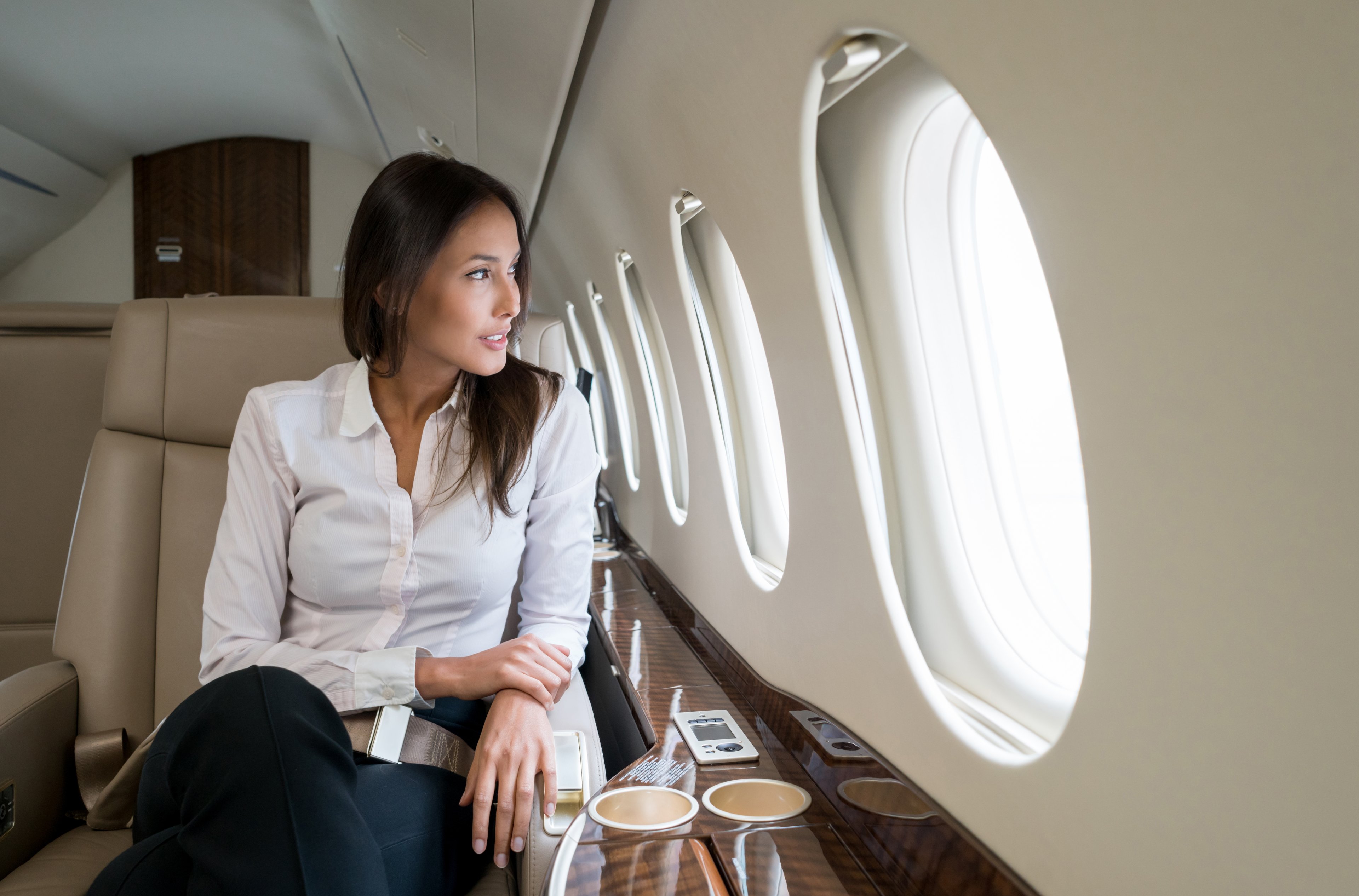Over the past two months, virtually all of the largest U.S. airlines have raised their baggage fees, with the notable exception of Southwest Airlines (LUV 1.50%), which remains committed to its "bags fly free" policy.
Last week, the final holdout (excluding Southwest) joined the club. Alaska Air (ALK 2.62%) revised its baggage fee schedule, effective Dec. 5. This will support its other efforts to break out of a multiyear earnings slump by returning to unit revenue growth.

Alaska Airlines is increasing its baggage fees in early December. Image source: Alaska Airlines.
The dominoes are falling
JetBlue Airways began the recent round of baggage fee increases in late August, raising its fee for the first checked bag from $25 to $30 and raising the fee for a second checked bag from $35 to $40. It also increased the price for checking extra bags or overweight/oversized items.
United Continental quickly made similar pricing changes. For the next few weeks, it seemed like the rest of the industry might stand pat. However, in late September, Delta Air Lines implemented a similar bag fee increase, and American Airlines followed suit a day later.
As a result, by late September, four of the six largest U.S. airlines -- all but Southwest Airlines and Alaska Airlines -- had raised their baggage fees, all within the span of a month. These six carriers collectively account for about 90% of the U.S. air travel market.
For Southwest Airlines, it makes sense to buck the industry consensus, because the carrier has built its brand on not charging fees. By contrast, Alaska Airlines was never going to benefit much from having slightly lower bag fees than most of its rivals, particularly when it competes extensively with Southwest in California.

Southwest Airlines is sticking to its "bags fly free" mantra. Image source: Southwest Airlines.
In this context, it wasn't surprising that Alaska Airlines decided to raise its baggage fees as well. For tickets purchased on or after Dec. 5, it will charge $30 for the first checked bag and $40 for the second bag, up from $25 in each case. Extra bags will cost $100 each, as will overweight and oversize bags. Those fees were previously $75.
Alaska Air could use the money
Alaska Air's profitability has been pinched recently by a combination of stiff competition in its core markets on the West Coast and rising fuel prices. Analysts currently expect earnings per share to plunge 36% this year, even though the company is getting a substantial benefit from tax reform. Alaska's adjusted pre-tax profit fell to $300 million in the first half of 2018 from $691 million a year earlier.
In other words, Alaska Airlines should be leaving no stone unturned as it seeks to improve its unit revenue trajectory. Toward that end, the carrier has already slowed its growth rate and cut various underperforming routes. Alaska Air also expects to capture the largest share of merger synergies from its Virgin America acquisition in 2019. Finally, it has announced a variety of fee and policy changes, most notably the introduction of "Saver" fares -- Alaska's version of basic economy -- which will become available near year-end.
Back in April, Alaska Air's management estimated that merger synergies and its other revenue initiatives would provide $280 million of incremental revenue in 2019. Most of this should be pure profit for the airline.
Higher checked bag fees will add to that total. In 2017, baggage fee revenue for Alaska Airlines and Virgin America combined reached $210 million. With Alaska set to boost its first bag fee by 20%, its second bag fee by 60%, and a variety of other fees by more than 30%, it wouldn't be surprising if its baggage fee revenue rises 20% or even 30%. (The exact amount will depend on how much the increases affect customer behavior. For example, the Alaska Airlines Visa card allows you and up to six other people on your reservation to check one bag each for free.)
The windfall from higher baggage fees could potentially add $50 million to Alaska Air's bottom line before taxes in 2019. On an after-tax basis, that would increase EPS by around $0.30. Thus, higher baggage fees could contribute meaningfully to Alaska Air's turnaround effort next year.





